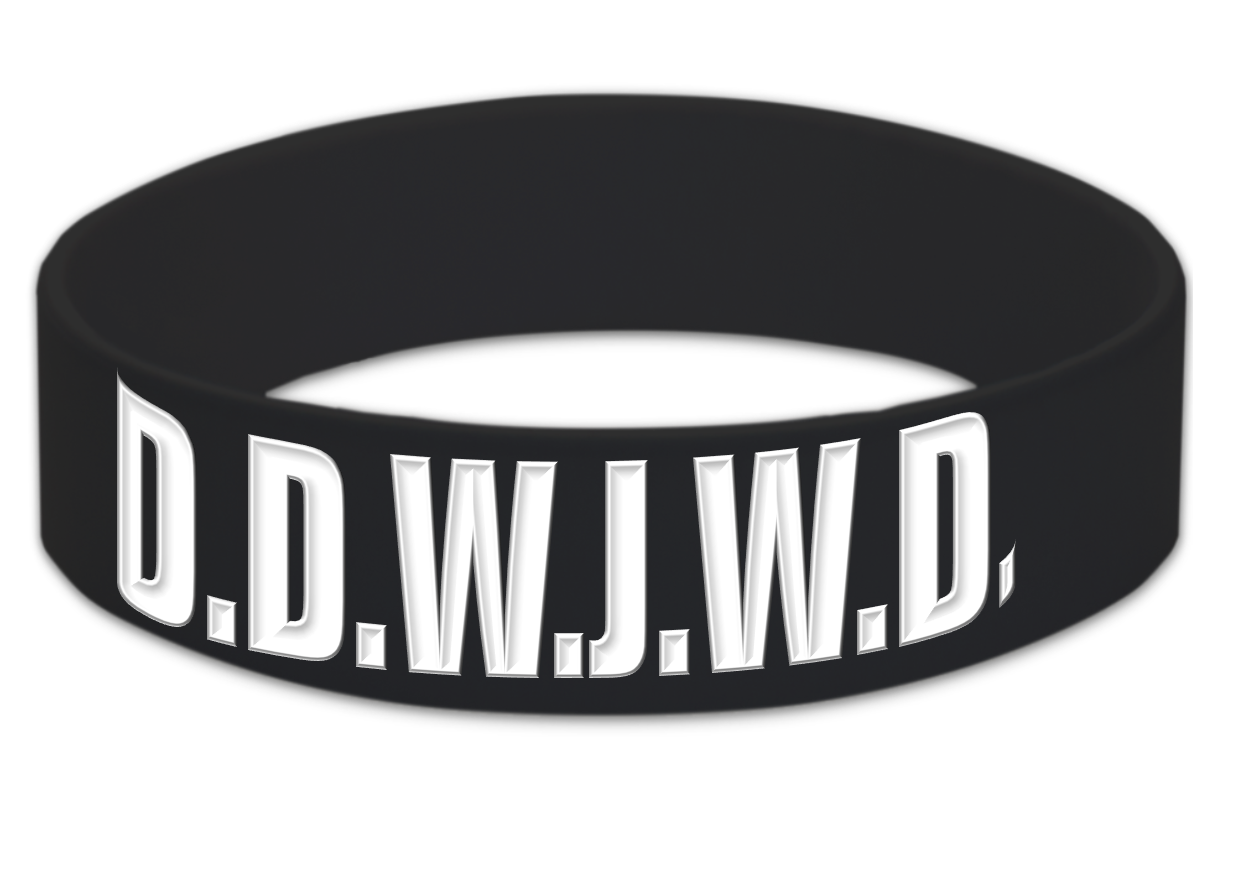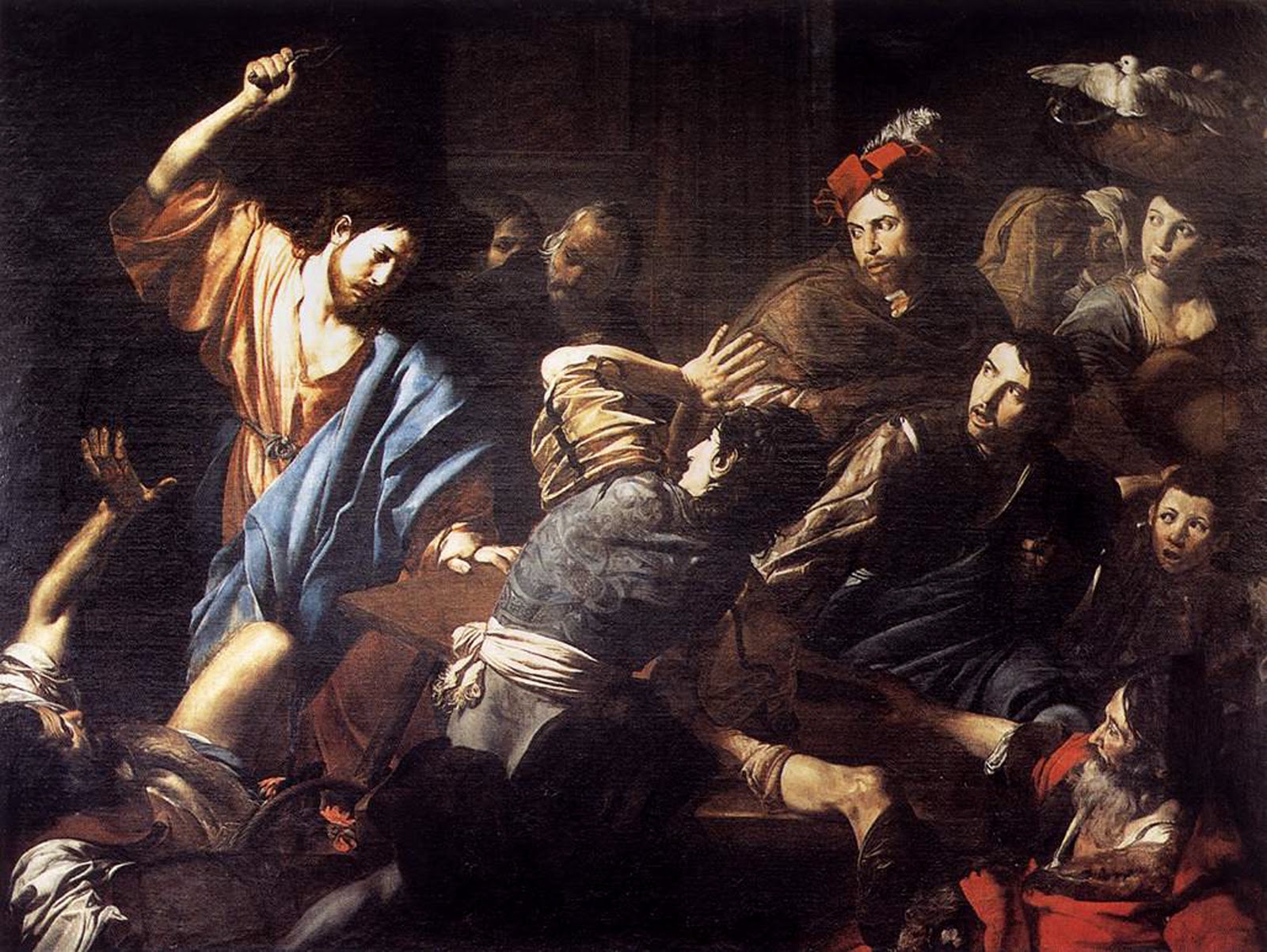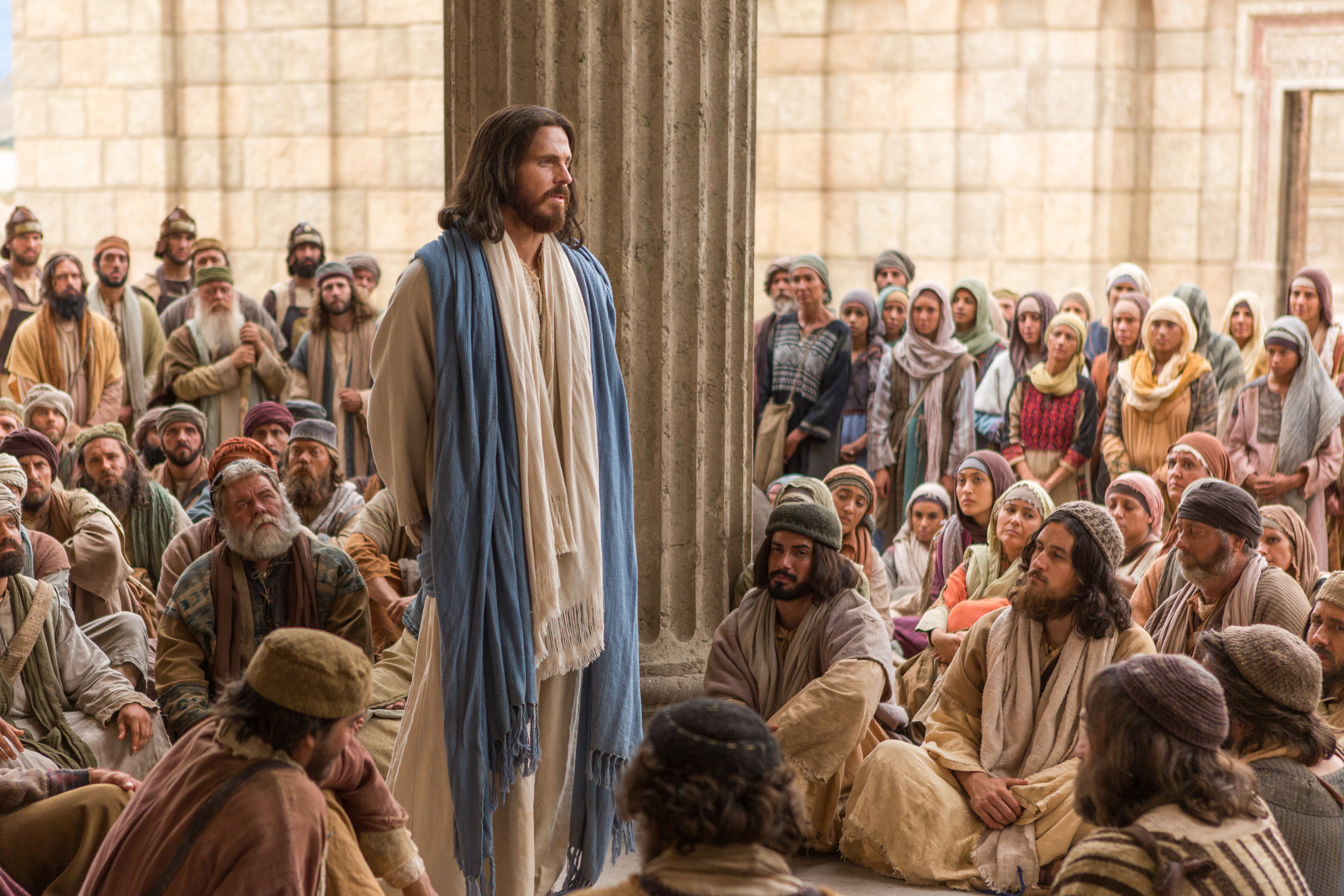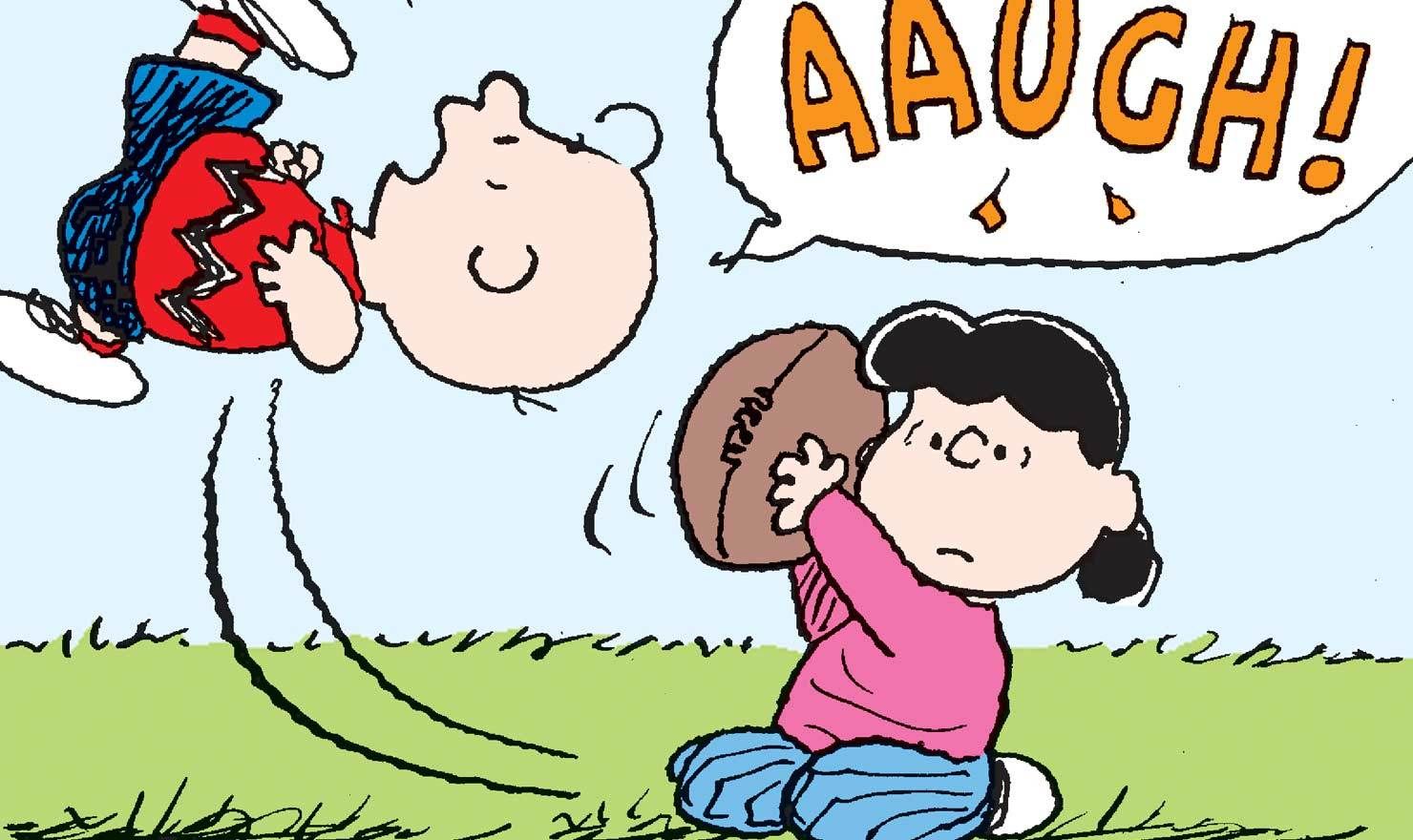Of course, there’s about as much danger of everybody “doing what Jesus would do” as there is of everybody Wanging Chung. Jesus was an outlier even in his day. Really doing what Jesus would do would require everyone to quit their jobs, spend forty days in wilderness prayer and fasting, preach itinerantly trusting God for provisions, heal the sick, cast out demons, raise the dead, lambast the religious establishment, train a small band of followers, forego marriage, live homeless, the list goes on. If you’re a Christian, sit down right now and try to count how many people you know who’ve just chosen singleness for the kingdom. One such person was the late singer, Rich Mullins. I don’t think it’s a coincidence that he wrote a song titled, “Hard.”
[youtube https://www.youtube.com/watch?v=oKnm1StIrXE&w=560&h=315]
I love the person I read about in the New Testament. The depiction of his lifestyle of poverty and community compels me. I can’t live that way, though, without neglecting the people I’m supposed to love. I suppose I could “junk it all, but Jesus,” but then, what would he have me do but love those around me? Don’t get me wrong, I believe that we must “hate”¹ our families for his sake, but that doesn’t mean every person should abandon his or her responsibilities to preach about the kingdom.
Such a requirement seems to fly in the face of the rest of the Bible. Jesus left his family in Nazareth to preach about the kingdom and then he left them for good by getting himself killed. His being “devoted to God” resulted in the neglect of his mother in her old age. At this point, Jesus’ example and his teaching come into conflict. Consider his rebuke of the Pharisees in Mark 7:9-13:
And he continued, “You have a fine way of setting aside the commands of God in order to observe your own traditions! For Moses said, ‘Honor your father and mother,’ and, ‘Anyone who curses their father or mother is to be put to death.’ But you say that if anyone declares that what might have been used to help their father or mother is Corban (that is, devoted to God)— then you no longer let them do anything for their father or mother. Thus you nullify the word of God by your tradition that you have handed down. And you do many things like that.”
The apostle Paul had an even harsher rebuke for those who would attempt to live like Jesus instead of caring for their aging parents:
But if a widow has children or grandchildren, these should learn first of all to put their religion into practice by caring for their own family and so repaying their parents and grandparents, for this is pleasing to God. Anyone who does not provide for their relatives, and especially for their own household, has denied the faith and is worse than an unbeliever. (1 Timothy 5:4,8)
I don’t know about everyone else, but I’m not going to leave my family and live homeless if I find caveats like these in the Scriptures. Much less will I tell other people that they need to do such things. Exceptions like these leave the WWJD ethic up for interpretation. We know that we ought to follow Jesus but we’re not told which specific aspects of his life we must reproduce.
With implicit divine authority stripped away from Jesus’ example, people are left to decide just what WWJD looks like in practical application. WWJD comes to represent any moral code that a good percentage of our peers say reflects the essence of The Nazarene.

Charles Sheldon, the author of the book upon which the WWJD bracelets were predicated, answered the question, “What Would Jesus Do?” with acts of charity and social action. Not coincidentally, he ministered during the ascendancy of the “social gospel” movement which emphasized community development and poverty alleviation as Christian works. While no one would disagree with Sheldon’s motives, his application falls a bit short of the entire person of Christ. For instance, Christ taught about the end of the world and judgment – two topics that the social gospel tended to minimize.
The WWJD merchandizing fad took place in the nineties, a time when church leaders were pushing back against the lax discipleship of the church growth movement of the preceding decades. Ministries like Promise Keepers and True Love Waits ascended along with the WWJD fad. The church had failed to weave moral fiber into its revivals and crusades so we turned to parachurch and packaged programs to rehabilitate our atrophied souls. Honestly, we were less interested in whether Jesus would feed the poor and more interested in whether he’d go to an “R” rated movie or have sex with his girlfriend (spoiler – he didn’t watch movies or have a girlfriend).
According to Mike Freestone, co-creator of the first WWJD bracelets, “People wear them to keep a check on their lives and to witness to others.”²
It doesn’t take too much reading between the lines to recognize that the real question behind the embroidered letters, “WWJD,” was, “What Would Jesus Don’t?” This real question hiding behind the challenging, but impractical one on the surface, turned the exalted Lord of all into an invisible chaperone. The Jesus of the Gospels, whose life was far too alien to present to kids in youth ministry, got left out in favor of one crafted to look over shoulders either in approval or disapproval.
Unsurprisingly, a sociological study of over 3000 religious American youth in the early 2000s found that almost none of them espoused traditional Christian beliefs. Rather, they had come to adopt a system of doctrines which the authors of the study termed, “Moralistic Therapeutic Deism,” the tenets of which are listed as follows:
1. A God exists who created and orders the world and watches over human life on earth.
2. God wants people to be good, nice, and fair to each other, as taught in the Bible and by most world religions.
3. The central goal of life is to be happy and to feel good about oneself.
4. God does not need to be particularly involved in one’s life except when God is needed to resolve a problem.
5. Good people go to heaven when they die.³
I know correlation doesn’t establish causation, but it doesn’t require too much of a stretch to find a connection between the replacement of “turn or burn” appeals with a culturally contingent slogan and the subsequent replacement of evangelical essentials with fuzzy moralism. It’s likely that asking “What would Jesus do?” has bred a non-Christian religion within our churches.
Footnotes:
- Luke 14:25-26
- “WWJD Products Inspire Thousands,” Christianity Today, November 17th, 1997. https://www.christianitytoday.com/ct/1997/november17/7td75a.html
- Smith, Christian. Soul Searching: The Religious and Spiritual Lives of American Teenagers (p. 162). Oxford University Press. Kindle Edition.








